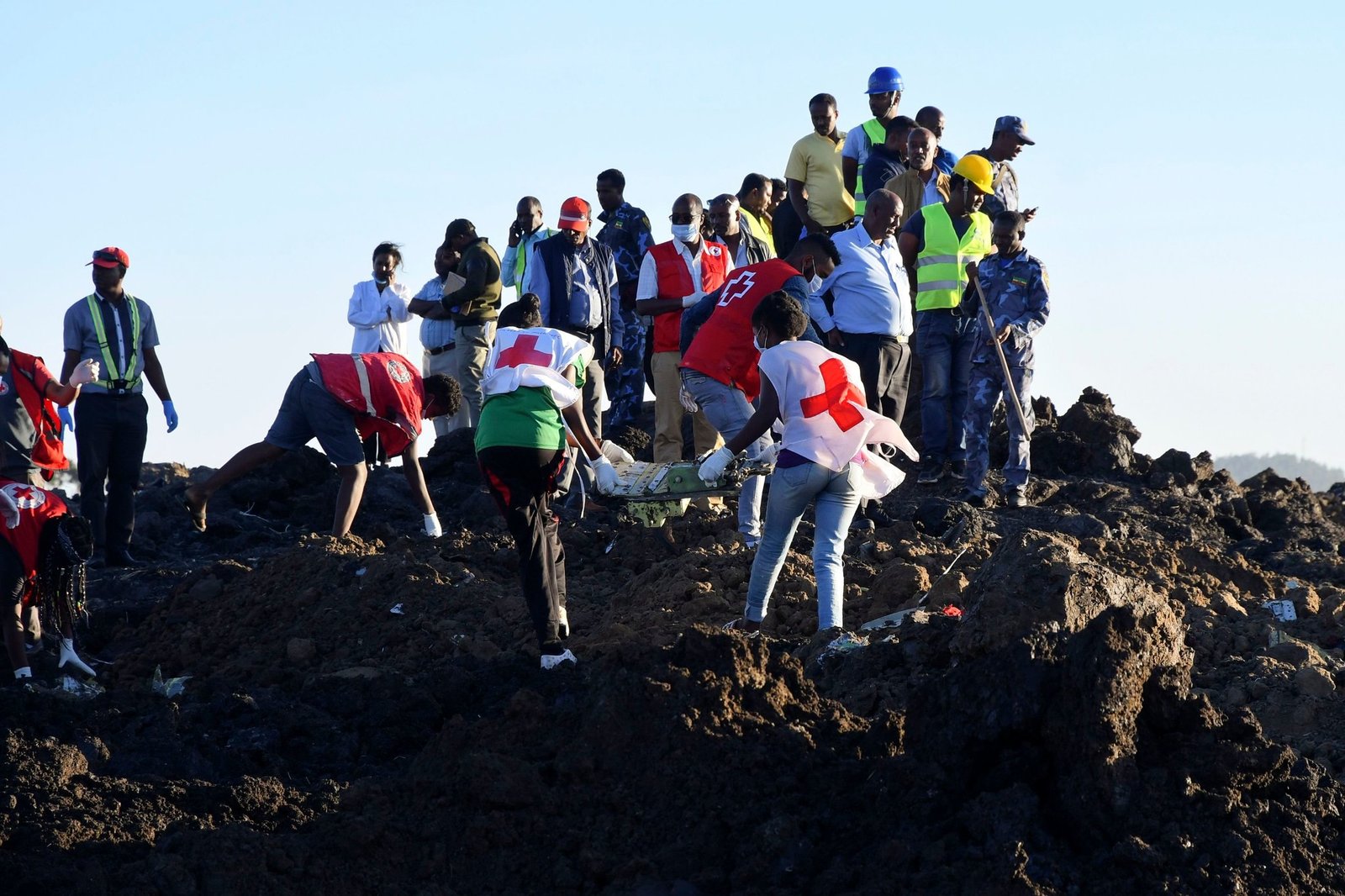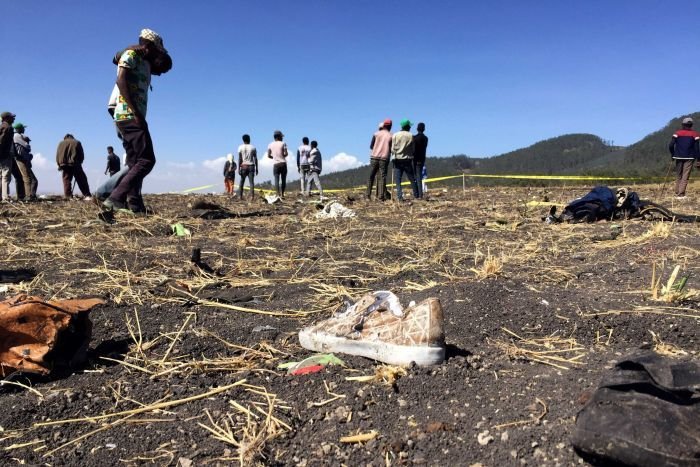I marvelled at the economic and industrial developments achieved by Ethiopia and Ruwanda in particular and how they seem to be embracing the fourth industrial revolution which is the current and developing environment in which disruptive technologies and trends such as the Internet of Things (IoT), robotics, virtual reality (VR) and artificial intelligence (AI) are changing the way we live and work.
Watch video below
While other African nations are enjoying economic growth and are warming up to the 4th industrialisation, Zimbabwe, is wallowing in uncertainty. Its economy continues to stall, fraught with countless false starts and empty promises of mega deals from the East. What can Zimbabwe learn from Ruwanda and Ethiopia?
Many Zimbabweans want to be positive about the country, but, the reality is corruption and maladministration have robbed a whole generation and blighted the future of a resource rich nation.
But just how have other African nations such as Ruwanda and Ethiopia thrived economically? What is it that they are doing right and how can Zimbabwe move from talking of mega deals from the East and start producing tangible results economically? Surely the age of propaganda filled promises is gone.
Whilst other African nations are reporting great economic success stories, there have been widespread media reports that Zimbabwe will plunge further into economic crisis unless international lenders provide aid to the heavily indebted former British colony. Indeed, even senior officials from the Zanu-PF ruling party have shared the same sentiments. The question is, is it aid or industrialisation that will solve Zimbabwe’s current woes?
Whereas, the Ethiopians and the Rwandians are enjoying growing economies and are further industrialising their countries. The sanctions argument rages on in the economic embattled Southern African nation. Zimbabweans are still stuck in the old debate of sanctions. The ruling party blaming the opposition parties for calling on sanctions against Zimbabwe.
In recent days, some vital commodities have become scarce, with motorists in major cities are spending what would have been productive time in industry in their cars in queues outside petrol stations, supermarkets rationing purchases or shutting entirely, and chemists unable to provide some basic medicines. Food prices have soared.
The US government on Monday
announced an extension by another year to the sanctions imposed on Zimbabwe.
US President Donald Trump said that Zimbabwe still poses a danger to his country’s foreign policy.
Trump administration officials had said the sanctions will remain until the government of President Emmerson Mnangagwa changes Zimbabwe’s laws restricting media freedom and allowing protests.
According to US officials, there are 141 entities and individuals in Zimbabwe currently under US sanctions, including Mnangagwa and former president Robert Mugabe.
But that said are these sanctions the cause of Zimbabwe’s failed economy? Can Zimbabwe emerge from the economic doldrums and emulate Ethiopia and Ruwanda nations once ravaged by war and poverty?
The Republic of Rwanda is one of the smallest countries in the continent with a population of roughly 12 million. Located in the central-eastern part of Africa, bordering with 4 countries – Uganda, Congo, Burundi, and Tanzania.
But with over 50% of the population under 20 and with a median age of just 22.7, It is interesting to note that Ruwanda has maintained a steady 7.33% annual growth rate over the course of 18 years (2000-2018), with 2019 looking really promising so far with a forecasted rate of more than 7%.
The reason for this increase is the growth of particular sectors like:
• Transportation
• Retail and wholesale trade
• Communication and information
Rwanda is also implementing a fiscal consolidation that’s concentrated on effective public expenditure, in order to battle poverty and support further economic growth.
Another great African example is Ethiopia, Africa’s second most populated country in Africa. Ethiopia has a whopping 107-million population with 30% made up of young people. Ethiopia is forecasted to be the fastest growing economy in Sub-Saharan Africa, according to data from the IMF.
Ethiopia’s economy is predicted to grow by more than 8% this year. The figures signal continued economic expansion following a long period of impressive growth. In the last decade, Ethiopia has averaged around 10% economic growth, according to the IMF.
One of the key aspects that propel Ethiopia’s economy is its booming industry inspired mainly by elements such as:
• Manufacturing
• Construction
• Electricity
In general, it is safe to say that by utilizing adequate industrialization tactics, revolving around export, Ethiopia is able to support its incredible growth in the industrial sector.
To boost the economy, the country is pursuing a number of large-scale infrastructure projects, including the Grand Renaissance Dam and a railway network.
Ethiopia and Ruwanda are not the only African nations experiencing economic success there are many more.
According to International Monetary Fund’s 2019 economic outlook, the best performing African countries will be:
• Ethiopia – 8.3%
• Rwanda – 7.8%
• Ghana – 7.6%
• Ivory Coast (Cote d’Ivoire) – 7.1%
• Senegal – 7%
The same data also forecasts that the sub-Saharan African region manages to achieve a GDP growth of 3.7%, ranking it at the 9th place from all regions across the world. Unsurprisingly though, Ethiopia tops all predictions when it comes to African countries and their associated economic growth in 2019.
So where is Zimbabwe getting it wrong? Is Zimbabwe honestly open for business as its leaders claim? What lessons can Zimbabwe draw from other African nations with regards economic growth and prosperity?
Zimbabwe has great potential in the Mining Industry, in Construction, in Transportation, in Communication and Electricity. Which begs the question will Zimbabwe awaken to the 4th industrialisation wave or continue to debate who called for or caused sanctions?








